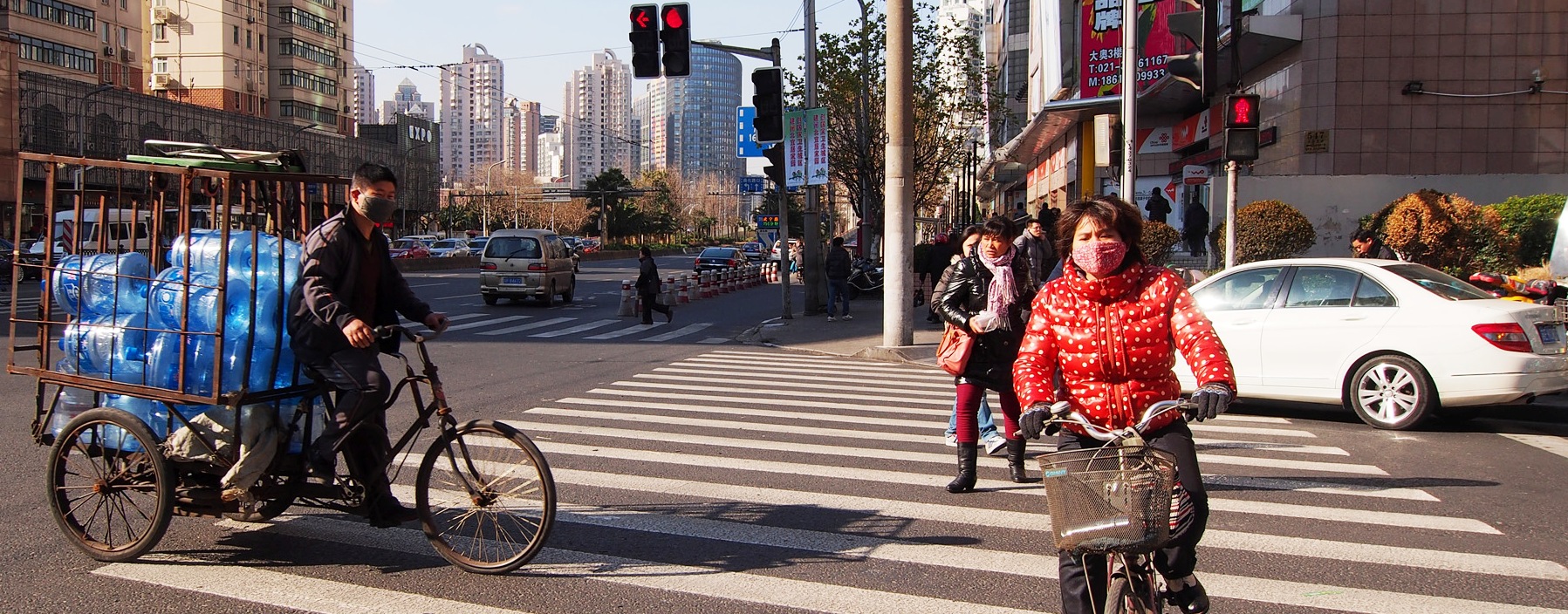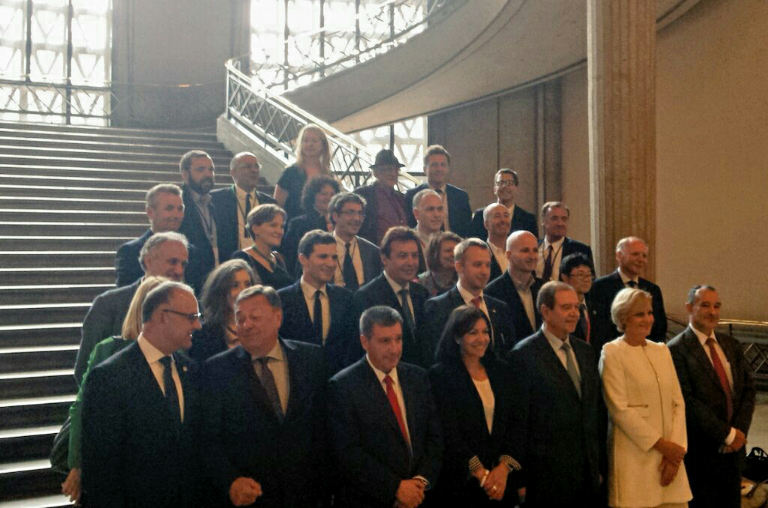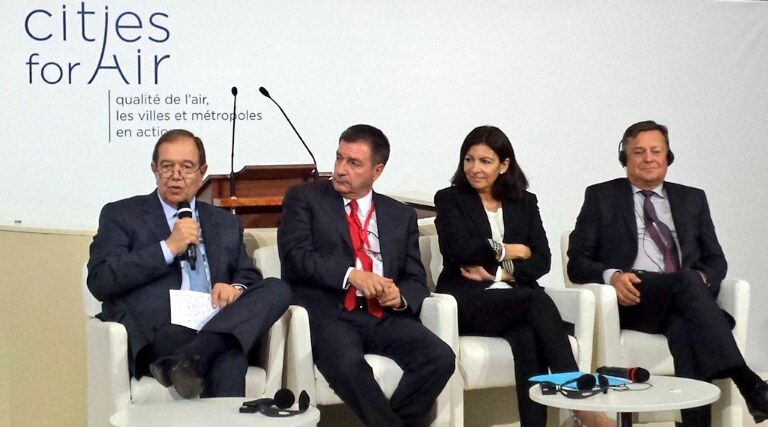
White smoke on NEC directive plan
After long negotiations, the European Union has finally decided on an update of the National Emission Ceilings Directive (NEC Directive) to improve air quality in Europe. The NEC Directive sets new limits on air pollution from transport, industry and housing for EU Member States by 2020 and 2030. The new limits on air pollution are a positive evolution as they ensure pressure on Member States to keep working on improving air quality, but the Directive could certainly have been more ambitious and civil society and cities are dissappointed: more lives could have been saved with few additional efforts or costs.
Since the beginning of the negotiations on the National Emission Ceilings Directive, the ECF has been part of a big coalition of environmental and health organisations (led by European Environmental Bureau) to push for new ambitious targets for better air quality in the NEC Directive.
In fact, ECF, in cooperation with its Spanish member Conbici and the Italian FIAB and the EEB coalition, put forward a letter to convince National Ministers not to undermine the efforts made so far to improve air quality and not to weaken the NEC directive. Many cities like Milan, Reggio Emilia and Ferrara in Italy, Madrid and El Prat in Spain and Prague in Czech Republic signed the letter.
Other capital cities like London and Paris followed, especially knowing that the main way to tackle air pollution is to set up a global strategy on urban mobility. The great support from urban municipalities is the tangible evidence that cities are at the forefront when it comes to fighting air pollution. Moreover, on Monday 27th June the Mayor of Paris Anne Hidalgo organised an international conference called Cities for Air for cities and metropolitan areas on the issue of air quality, to raise awareness on this issue.


However, the Council did not listen to the strong call from civil society and cities combined. Several Member States such as France, the UK, Poland and Italy still negotiated to lower the future limits on air pollution. More could have been done to save lives: even if the Directive would be fully implemented, over 250,000 people will still die because of air pollution in 2030, while evidence shows that if a more ambitious proposal was adopted, this could be brought down to 217.880, according to the EEB previsions.
Furthermore, there is also a risk that Member States will not fully respect the Directive due to "flexibility mechanism" that the Council has managed to include in the Directive. For instance, member states will be allowed to average their emissions over three years in case of ‘dry summer’ or ‘cold winter’. They will also be able to escape responsibility in case emissions from one sector turn out to be greater than expected, as already happened with the Dieselgate.
In conclusion, ECF recommends its members and EU cities to keep a close watch on the actions of Member States to improve air quality and work towards the new targets in the NEC Directive. ECF will keep working with the ECF members and cities for better air quality for cyclists and all other citizens: collecting best practices on air quality and cycling and contributing to the Global Urban Air Pollution Observatory, launched by Mayor Anne Hidalgo in Paris. Besides this, we will keep spreading the message that it is worth thinking differently, especially in transport, and acknowledge the virtues of (e-)bicycles, which have a big impact on improving air quality as our study shows.
Pic credit: Wilson Hul, Flickr: http://bit.ly/29iXtLk
Regions:
Network/Project Involved:
Contact the author
Recent news!
Upcoming events
Contact Us
Avenue des Arts, 7-8
Postal address: Rue de la Charité, 22
1210 Brussels, Belgium









